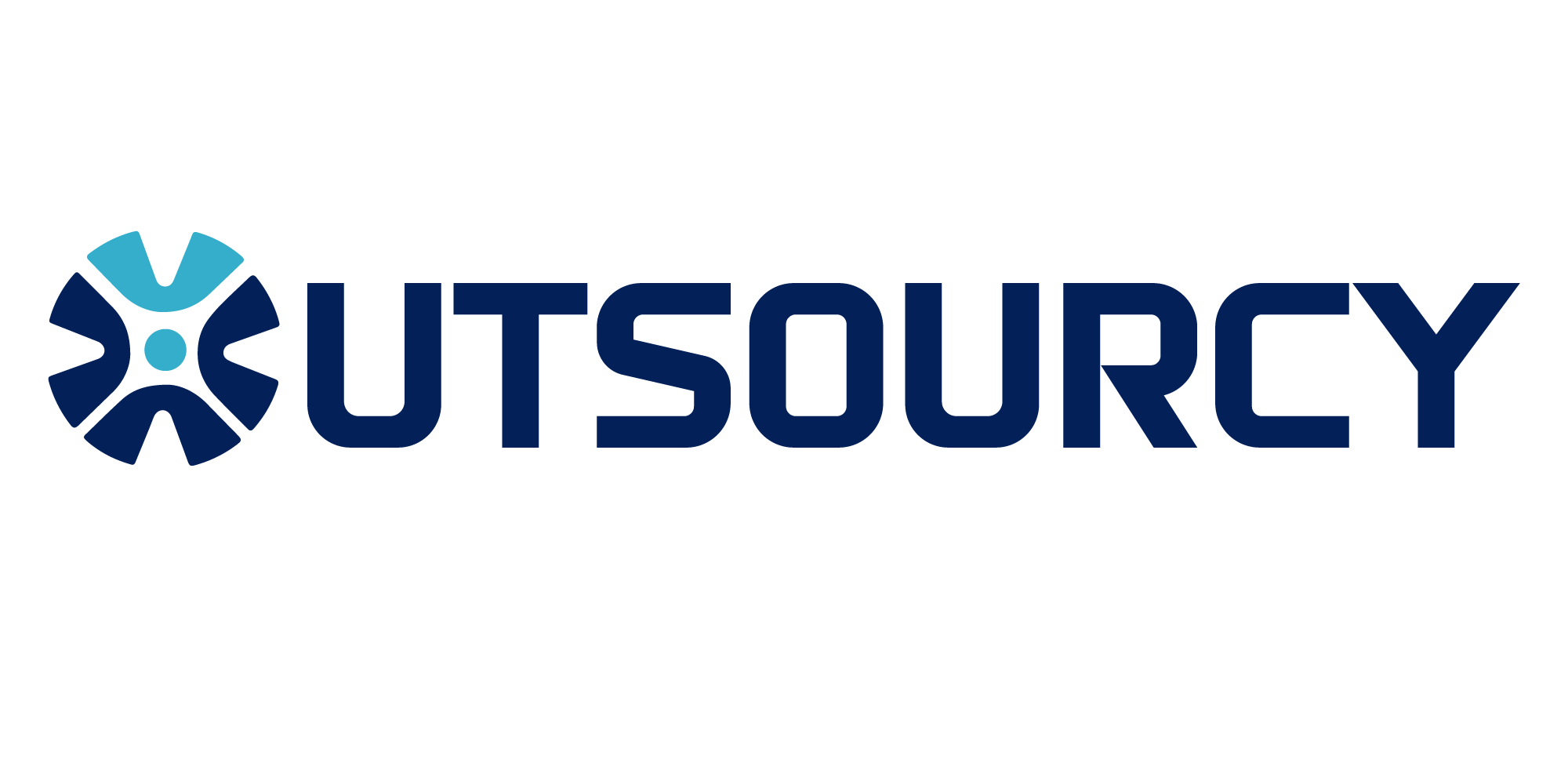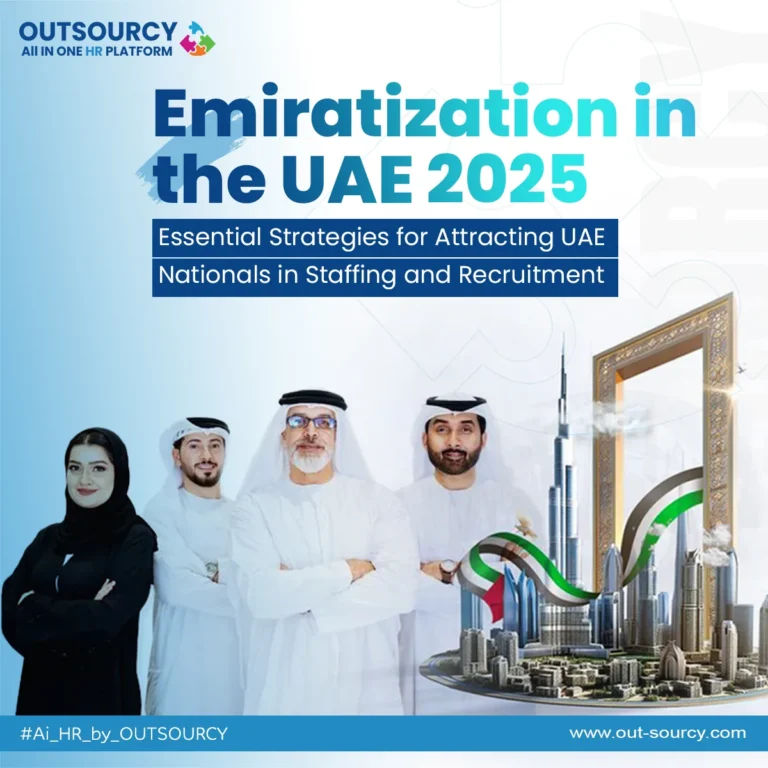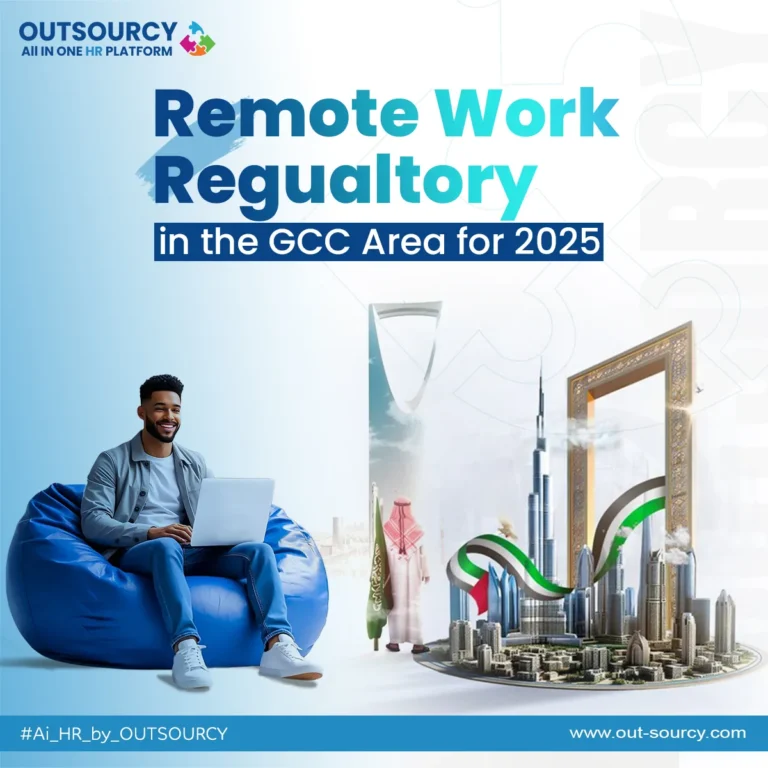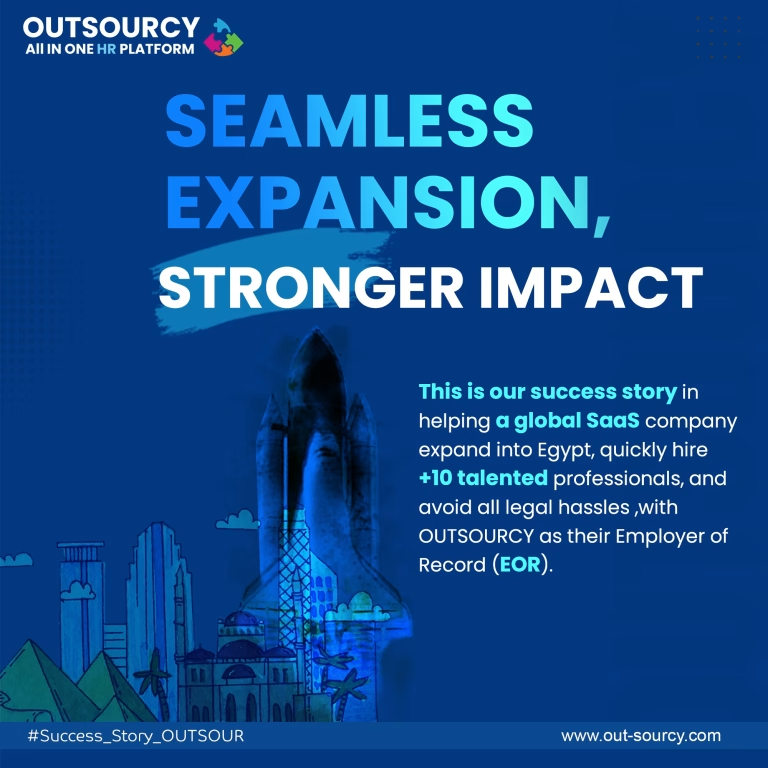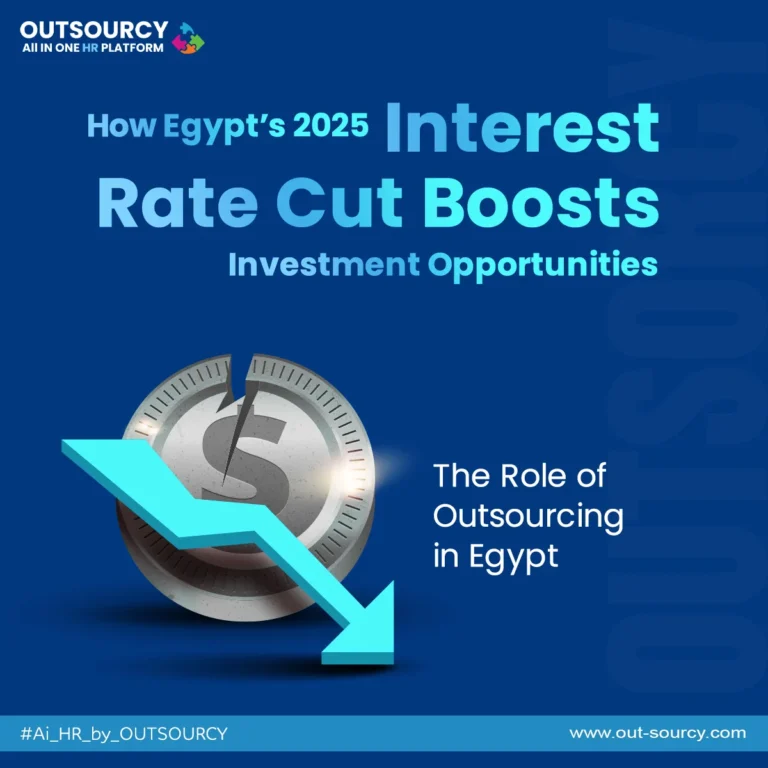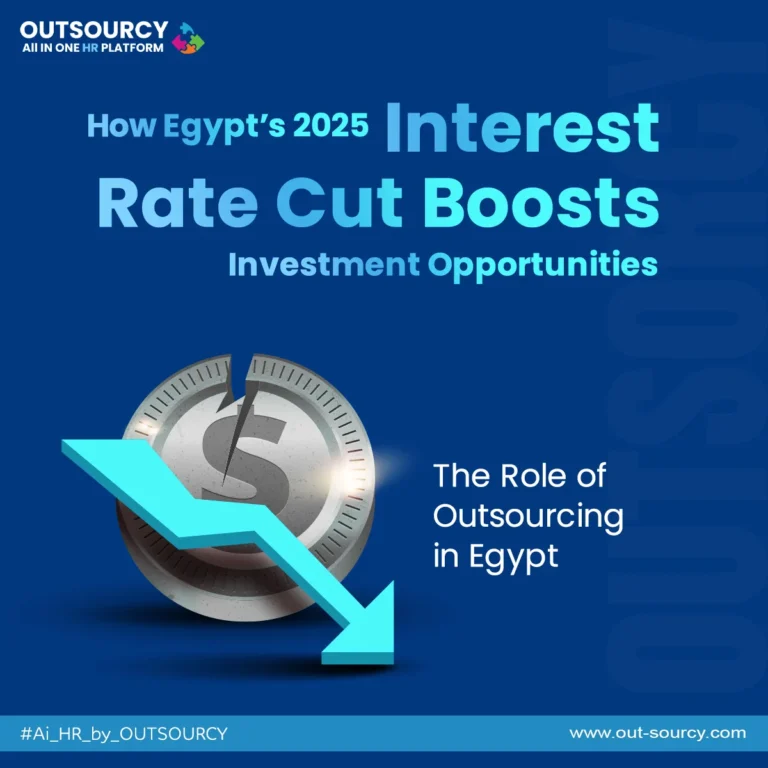Emiratization, also known as Emiratisation in the UAE, is a cornerstone of the nation’s economic strategy, aimed at boosting the employment of UAE nationals in the private sector. As businesses navigate the evolving landscape of staffing and recruitment in the UAE, understanding Emiratization is crucial for compliance, growth, and contributing to the country’s vision for a sustainable workforce. With increasing quotas and government initiatives, companies must prioritize strategies to attract UAE nationals, ensuring they meet Emiratization targets while building a diverse and skilled team.
What is Emiratization? Definition and Importance
UAE national employment refers to the government’s initiative to boost the involvement of Emirati citizens in the workforce, particularly in private sector roles. Launched in the late 1990s, this policy addresses the reliance on foreign labor and seeks to integrate UAE nationals into key industries for long-term economic development. By promoting national workforce integration, the UAE aims to create job opportunities for its citizens, reduce unemployment among nationals, and foster a knowledge-based economy.
This initiative is vital for aligning with the UAE’s Vision 2031, which emphasizes diversification beyond oil and enhancing national talent in sectors like technology, finance, healthcare, and engineering. For businesses, embracing this policy ensures regulatory compliance and unlocks benefits such as government subsidies, reduced fees, and access to exclusive talent pools through programs like NAFIS (National Employment Platform). In 2025, as the UAE pushes for higher national employment rates, companies that excel in attracting UAE nationals will gain a competitive edge in staffing and recruitment.

History and Evolution of National Workforce Integration in the UAE
The drive for UAE national employment began in the late 1990s to counter the dominance of the expatriate workforce, which constitutes about 90% of the UAE’s population. Initial efforts focused on public sector roles, but the policy evolved to target the private sector through quotas and incentives. Key milestones include the establishment of the Ministry of Human Resources and Emiratisation (MOHRE) and the launch of NAFIS in 2021, which provides financial support and training for Emiratis entering private jobs.
Over the years, the initiative has gained momentum. In the early 2000s, participation was voluntary, but by the 2010s, mandatory quotas were introduced for industries like banking and insurance. Today, it’s a high-priority agenda, with penalties for non-compliance reaching up to AED 108,000 per unfilled position annually.This evolution underscores the UAE’s commitment to empowering its nationals in staffing and recruitment across all sectors.
Current Policies, Quotas, and Statistics for UAE Nationals in 2025
In 2025, policies for national employment are more stringent, with clear targets to accelerate citizen participation. Companies with 50 or more employees must achieve at least 7% national employment in skilled roles by June 30, 2025, increasing to 8% by December 31, 2025, en route to a 10% target by 2026. Smaller firms (20-49 employees) in key sectors are required to hire at least one Emirati by December 2025. Sector-specific quotas include 4% for banks and 5% for insurance companies, with the insurance sector aiming for 50-60% national employment by 2030.
Statistics highlight progress: As of mid-2025, over 152,000 Emiratis are employed in the private sector, up from 100,000 the previous year. In the insurance sector alone, Emiratis make up 22.09% of the workforce (2,159 out of 9,773 employees) as of June 2025. Recent updates allow temporary Emirati hires to count toward quotas starting June 2025, providing flexibility for businesses. These figures demonstrate the UAE’s rapid advancement in Emiratization, making it essential for companies to refine their recruitment strategies.
Challenges and Benefits of Emiratization for Businesses
While Emiratization offers significant advantages, it comes with challenges. Key hurdles include Emirati preferences for public-sector stability (78.2% of government jobs held by nationals in 2019 vs. 8% in private), salary expectations three times higher than expatriates, skills gaps in STEM and digital fields, and language barriers in English-dominant industries. Businesses may need to invest in training and upskilling to bridge these gaps.
On the benefits side, complying with Emiratization grants access to the Tawteen Partners Club, offering waivers on bank deposits, discounts on labor permits (up to 80%), pension subsidies, and priority in government procurement. It also enhances corporate reputation, fosters innovation through local talent, and supports long-term economic stability. By 2029, the policy aims to benefit 170,000 Emirati workers, creating a robust pipeline for staffing and recruitment.
How to Attract UAE Nationals: Effective Staffing and Recruitment Strategies
Attracting UAE nationals requires tailored approaches in staffing and recruitment. Start by offering competitive salaries, benefits, and career progression opportunities that rival public-sector perks. Emphasize work-life balance, flexible hours, and values-driven cultures, as 61% of young Emiratis seek private roles for development and impact.
Leverage platforms like NAFIS for targeted sourcing and partner with universities for internships and apprenticeships in high-demand fields like IT and engineering. Provide ongoing training, such as English language courses and STEM programs, to address skills gaps. Highlight company culture through social media and job fairs focused on Emirati talent. Finally, ensure compliance with MOHRE guidelines to build trust and avoid fines, making your organization a top choice for UAE nationals in recruitment.
The Importance of Outsourcing in Emiratization
Outsourcing plays a pivotal role in achieving Emiratization goals, especially for companies struggling with recruitment and compliance. By partnering with specialized outsourcing firms, businesses can access customized talent pools of UAE nationals, streamline hiring processes, and reduce administrative burdens like payroll and visa management. This approach ensures adherence to Emiratization quotas while cutting costs and providing flexibility to scale workforces in fast-growing sectors like e-commerce and tech.
Outsourcing also supports training and development programs tailored for Emiratis, helping bridge skills gaps and fostering long-term retention. In the UAE, the outsourcing market is projected to reach significant growth, enabling companies to meet targets like the 7-8% Emiratization rate in 2025 without disrupting operations. For staffing and recruitment, outsourcing is a strategic tool that aligns with government priorities, minimizing fines and enhancing efficiency.
Outsourcy: A Leading Partner in Emiratization and Outsourcing Services
Outsourcy stands out as a premier outsourcing company in UAE, specializing in recruitment and staffing solutions that directly support Emiratization initiatives. With a focus on sourcing and placing UAE nationals in high-skilled roles, Outsourcy offers comprehensive services including targeted talent acquisition, customized training programs, and full HR outsourcing to ensure compliance with MOHRE regulations. Businesses can benefit from Outsourcy’s expertise in building Emirati talent pools, managing payroll and benefits, and providing visa and PRO services, all while reducing costs and accelerating hiring timelines. Whether you’re in finance, IT, or healthcare, Outsourcy’s innovative approaches help companies meet Emiratization quotas seamlessly, contributing to sustainable workforce development in the UAE.
Conclusion: Embracing Emiratization for Future Success
Emiratization is not just a regulatory requirement—it’s a pathway to innovation and economic resilience in the UAE. By implementing effective strategies to attract UAE nationals, leveraging outsourcing, and staying updated on 2025 quotas, businesses can thrive in staffing and recruitment. As the UAE continues to prioritize its nationals, companies that invest in Emiratization today will lead tomorrow’s market. For more details on compliance, consult official sources like MOHRE and NAFIS.
